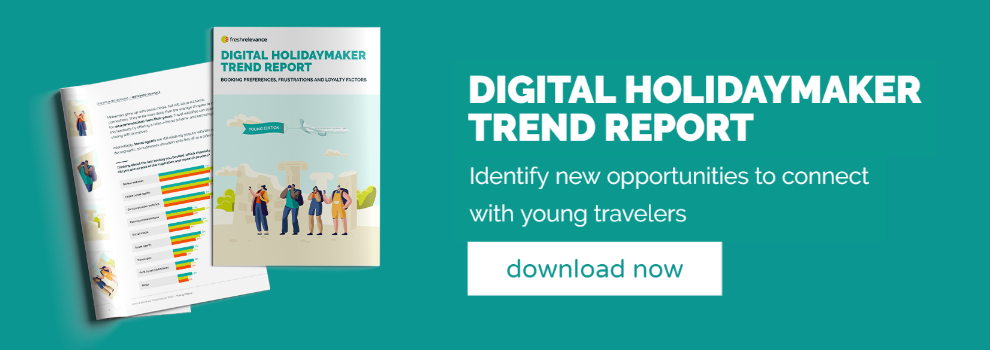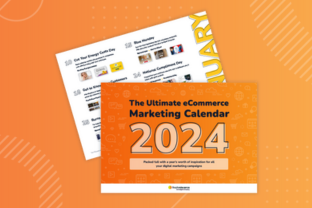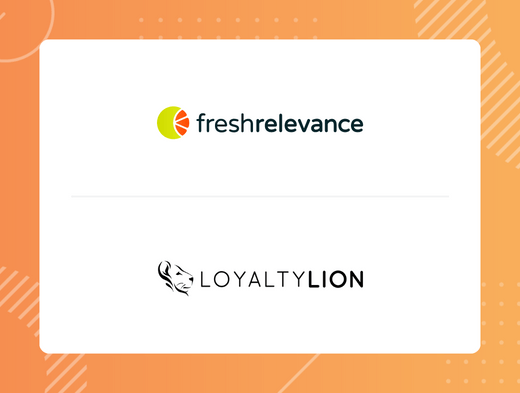For many travel businesses, Millennials and Gen Z are key target audiences. In this blog post, we’ll cover travel marketing tactics to engage and convert this younger age group demographic effectively.
Competition for younger customers will be stronger than ever, making every interaction with a potential customer critical. Yet, they can often appear a challenging demographic to please. They shun package holidays, instead favoring authentic and off-the-beaten-track travel experiences in the latest hotspots and Instagram-worthy vacations in exotic, far flung destinations. And when it comes to marketing, they have little patience for a one-size-fits-all approach. Instead, they expect to receive targeted and engaging content from companies in the online travel and tourism industry that reaches them on their preferred platforms.
Travel marketers face the daunting task of meeting these demands with marketing that both informs and inspires. And whether these preferences change this year or not, marketers must be ready to adapt.
Read on for 4 tactics to help you convert more Gen Z and Millennial holidaymakers into customers.
1) Personalized experiences
Email marketing can add extra value if messages respond to customers’ needs and behavior. Travel trends have shown that now more than ever, it must be personalized using real-time data, not stale data from months ago when it comes to the travel and tourism sector.
One in four young holidaymakers say they’d appreciate a triggered email when a holiday they browsed has dropped in price. So make sure you set up price drop alerts to keep those browsers in the loop. With sales uplifts from price drop emails averaging 3%, this is a tactic worth adding to your email marketing.
Personalization shouldn’t stop with your email marketing. One quarter of Gen Z travellers say they would find it useful if travel websites were tailored to them. Try enhancing the homepage with dynamic content that changes according to the individual’s favorite destination, or use geotargeting technology to display information about their nearest airport.
2) Channels for travel research and inspiration
Social media has a significant role to play when it comes to research ahead of a booking, with Generation Z consumers and Millennials more likely than the average traveler to use social channels when looking for holiday ideas.
Nearly a third of Millennials used social media to research their last holiday. Travel companies should take note and make the most of visual platforms such as Instagram and Pinterest to stay on shoppers’ radar. They can also incorporate social proof such as UGC (user-generated content) on other channels, such as the website and in emails, to provide authentic inspiration throughout the year.
Retargeting on social media can also be used to re-engage customers of the market segment who browsed holiday deals on your website.
3) Social commerce
Social commerce is an emerging channel with big potential. Fresh Relevance research found that given the option, the younger generation would be open to use a social media platform to book a holiday.
But the preferred platform varies from generation to generation. Gen Z opts for image-conscious Instagram while Millennials are more inclined to use Facebook.
As social commerce becomes more prevalent, online travel agencies and providers should look out for opportunities to harness this channel.
4) Social proof
While social media is gaining in influence, review websites and online travel agents remain the most popular channels for researching a vacation..
What do these types of websites have in common? They provide comprehensive information in a convenient format, backed up with social proof, such as ratings and reviews.
Cruise lines, accommodation and travel providers can leverage similar tactics on their own websites. For example, by prominently featuring top rated destinations on the homepage, and including customer reviews on product detail pages to take the stress out of decision making.
Understanding consumer needs
While the world is certain to look very different on the other side of the Covid-19 crisis, understanding consumer needs will be more important than ever.
As travel brands look ahead to recovery, reflecting an individual’s behavior and preferences in their marketing will be critical.
Those that can provide a highly targeted experience for Gen Z and Millennial travelers, which captures their attention at every stage of the booking journey, will be rewarded by securing their business.
This post originally appeared on Travolution.







